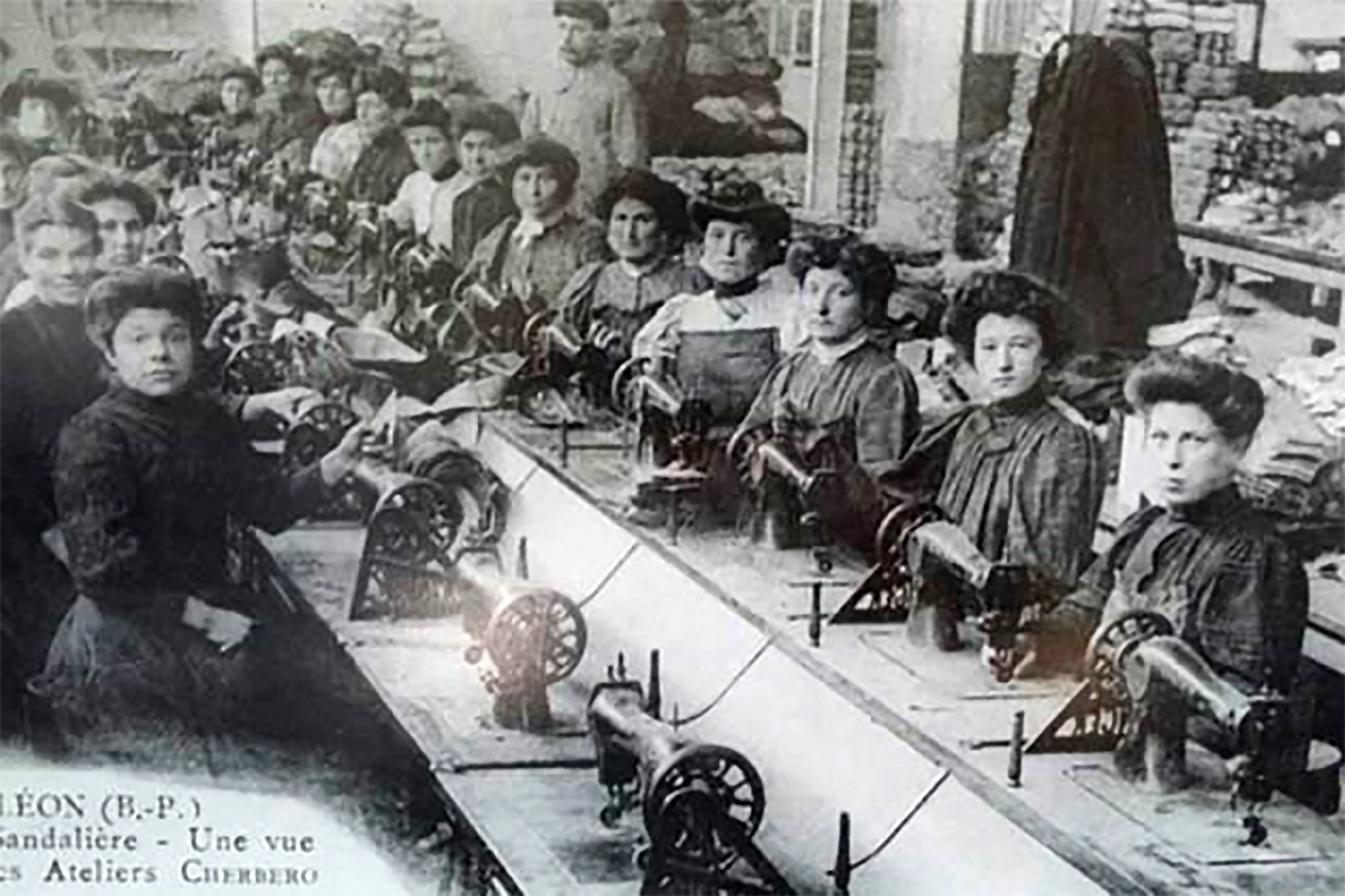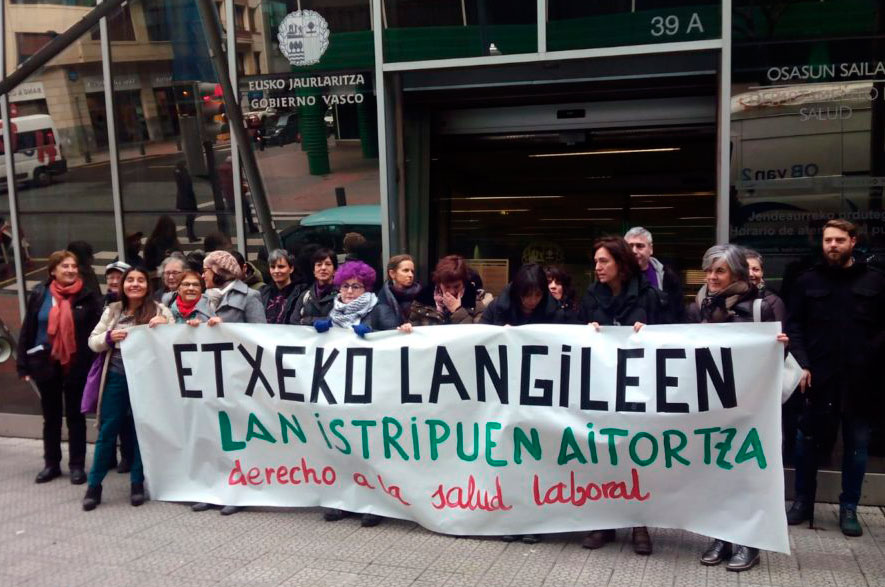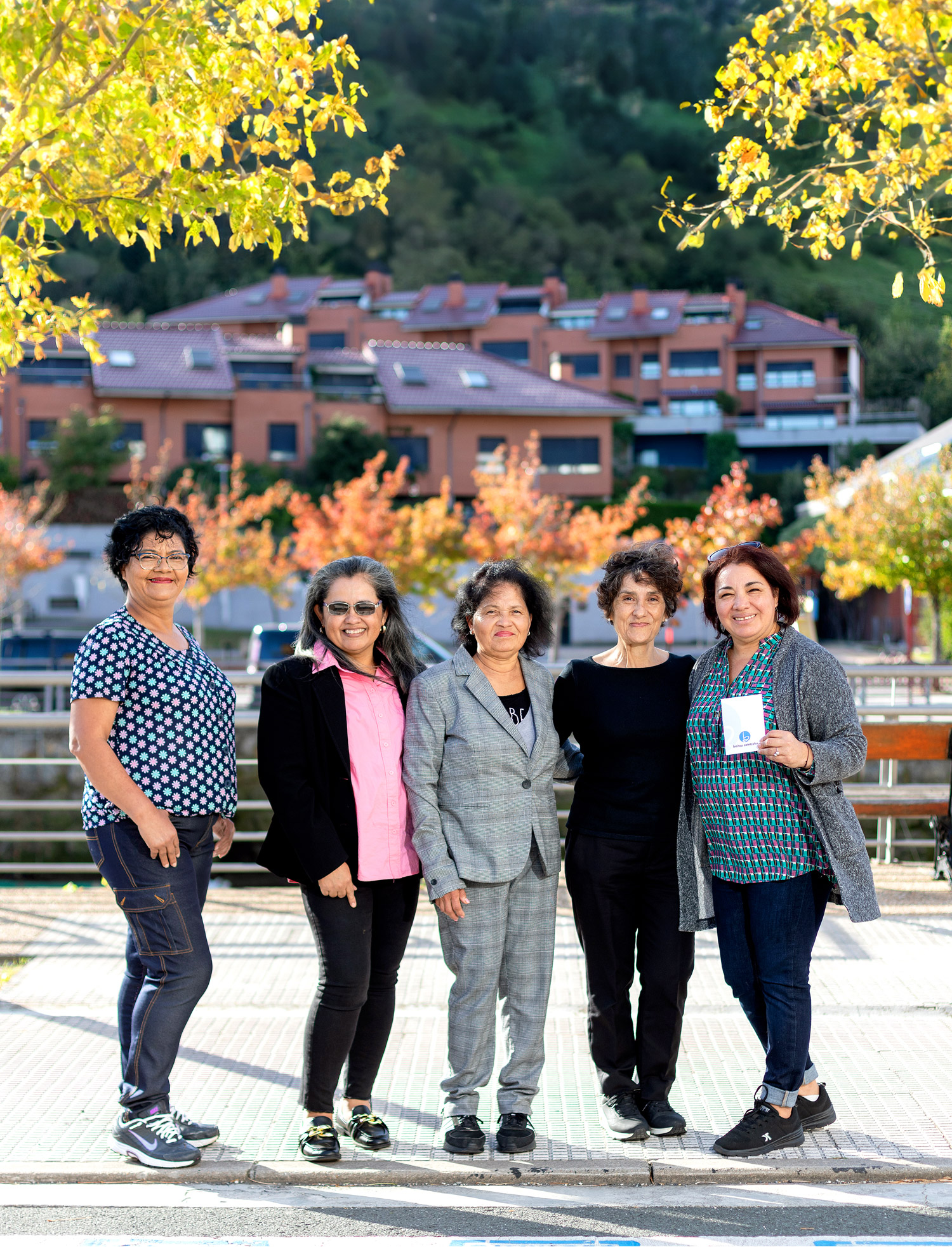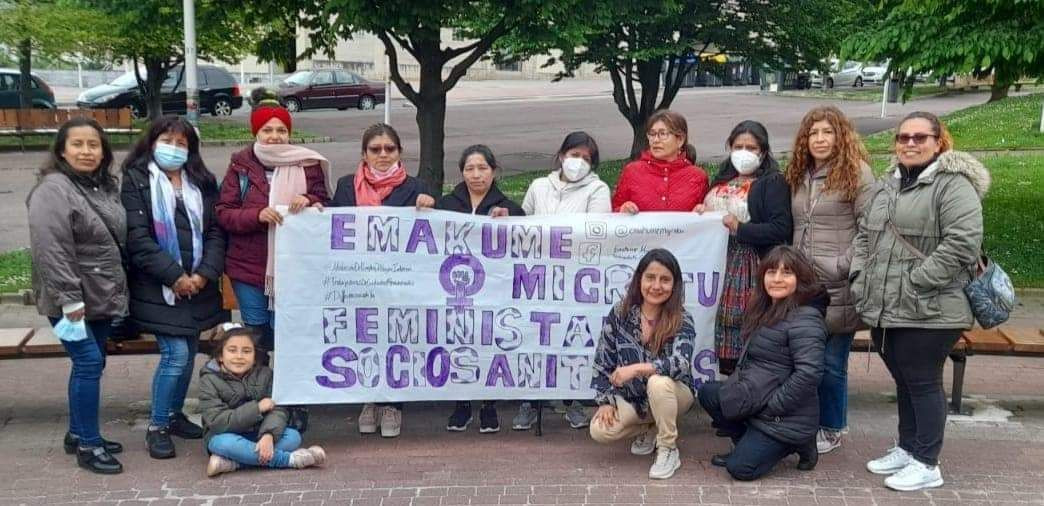"It is essential to put the care work at the centre of all policies"
- Carmen Juares (Valle, Honduras, 1986) moved to Barcelona in 2006 with the intention of leaving behind the consequences of a hard childhood. She is currently coordinator of Various Migrant Women and combines care work with Social Education studies.
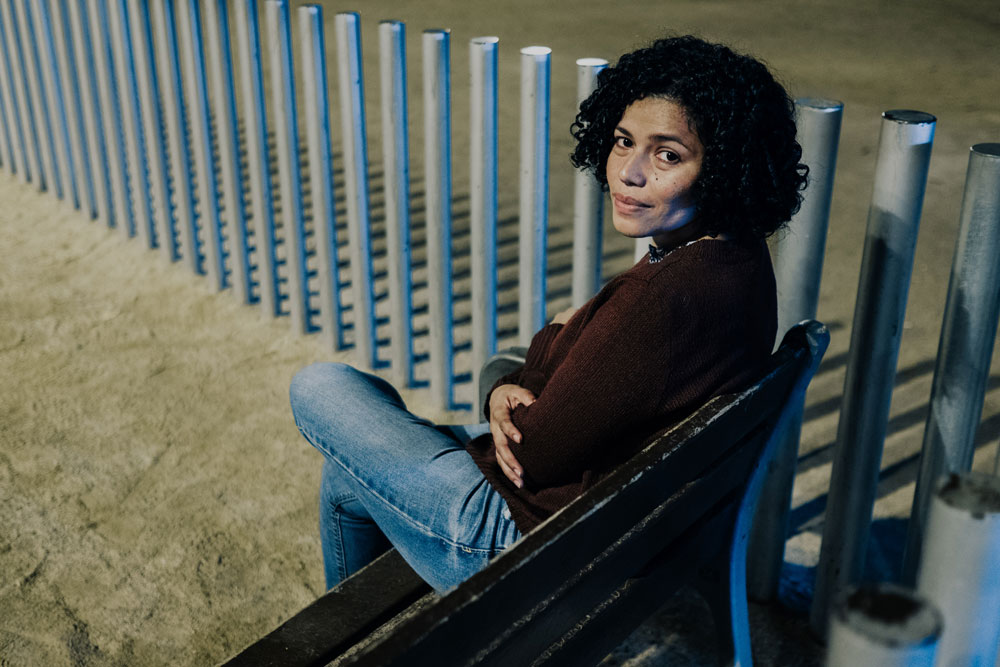
Why did you choose Catalonia?
Because my mother's brother lived in Barcelona. I came in 2006, when I was nineteen. I was very young and my mother was quieter to know that I was going to come with my family.
How do you remember arrival?
It was terrible. I remember coming in June, at the time of Sant Joan's party. In Honduras at 17:30 she began to get dark and, as a child, she could not go out into the street. I arrived in Barcelona at about 20:30 and the sun was immense... I can still remember that feeling of freedom. The contrast was terrible.
Was socialization easy?On the part of the inhabitants
yes, but of the bureaucracy no. I had studies and my feeling was that being in Europe it would be easy to find a job and rent a room. It took a little while to see that the reality was completely different. Without papers, the only alternative was to work twelve hours and 400 euros in a bar, or as I did, for the same amount in the textile sector, but working eight hours.
What do you think of the Aliens Act?
It's unfair, racist and classicist. If you're rich, everything is easy. But without money, you have to survive illegally for three years in order to be able to do papers. With all the consequences this entails, of course. The problem is that throughout the world we believe that Europe respects human rights and we are very wrong.
How does the exploitation often carried out by the trade affect immigrants who are engaged in cleaning and care?
When immigrants come to Europe, we do not know what our rights are. That is the most serious problem. Few people know at first, for example, that there is a workers' union that supports you even if you don't have a contract. It also happened to me: for six years I worked 24 hours caring for a woman for 750 euros. At first I felt grateful, until I took care of the anguish of reality. The lack of information is enormous.
Poverty still has the face of an immigrant woman. Why?
Because the social imaginary believes that we are able to perform care and cleaning tasks. Unfortunately, more than one liberal feminist woman believes that what grandmothers or mothers used to do today must be done by immigrant women. Claiming equality, but in the demonstrations on 8 March I have seen more than one woman taking advantage of the work of poorly paid immigrant women to care for her sons and daughters.

Now you combine the work with the studies. How is it going?
I'm studying Social Education because I believe that if everyone sows something in society, we can transform it. The world is very bad, therefore, or we intervene or we will have serious problems. I want to leave custody work and focus on this field, but it's not easy.
In addition, you're also a coordinator for Multiple Migrant Women. What do you think of the association’s contribution?
Two years ago we created the partnership fifteen friends and today we are about 250. We keep in touch through Whats App, as most of us have 24-hour days and most of the activities are done on weekends. Our contribution is being vital for many women who are immersed in a context of exploitation. We offer and operate training, psychological and legal support.
Care for caregivers is essential.
Yes, of course, but society does not care for caregivers. Quite the opposite. That is why we see that among immigrant women there are often serious problems of self-esteem and health. In the Multiple Migrant Women partnership, this is one of our challenges, to support women living in this context.
Do the families who care for the association see it with good eyes?
There is everything, but, of course, we do not favour the families that have their caregivers exploited at home. Once, for example, it was a family that convened the association, as the caregiver who cared for the mother wanted to come to one of our meetings and know the content of it. When we told him it was a course on labor rights he was forbidden to come.
What is the main challenge of public institutions?
Care work must be put at the centre of all policies. And if I say it in the middle, it's in the middle. In other words, in all the institutions in which decisions are taken. If the City Council has concerted services for carrying out surveillance tasks, it is essential to establish a clause guaranteeing commitment to the reconciliation of working life, for example.
“Hamar urte bete berri nituenean aita erail zuten nire aurrean. Hiltzaileen helburua zen familia osoa hiltzea, baina gu libratu ginen gure kontra prestatu zituzten balak trabatu zirenean. Gerora, bizirauten saiatu ginen, baina hamahiru urte nituenean depresioaren lehen sintomak agertu zitzaizkidan. Haurtzaroan bizitakoaren ondorioz eta Hondurasen nagusi zen indarkeria zurrunbiloaren testuinguruan, nahaste obsesibo konpultsiboa diagnostikatu zidaten. Hirutan saiatu nintzen nire buruaz bertze egiten eta psikologoak gomendatu zidan Honduras utzi eta bizitza berri bat abiatzea”.
Maule, 1892. Eight women from the Salazar Valley headed home from the capital of Zuberoa, but on the way, in Larrain, they were shocked by the snow and all were killed by the cold. Of the eight, seven names have come: Felicia Juanko, Felipce Landa, Dolores Arbe, Justa Larrea,... [+]
International Migrants Day is celebrated on 18 December. Last year, an institutional event was held at the Alhóndiga in Bilbao in cooperation with the social partners and I was invited to participate. There I had an unbeatable opportunity to meet new creators and, above all, to... [+]









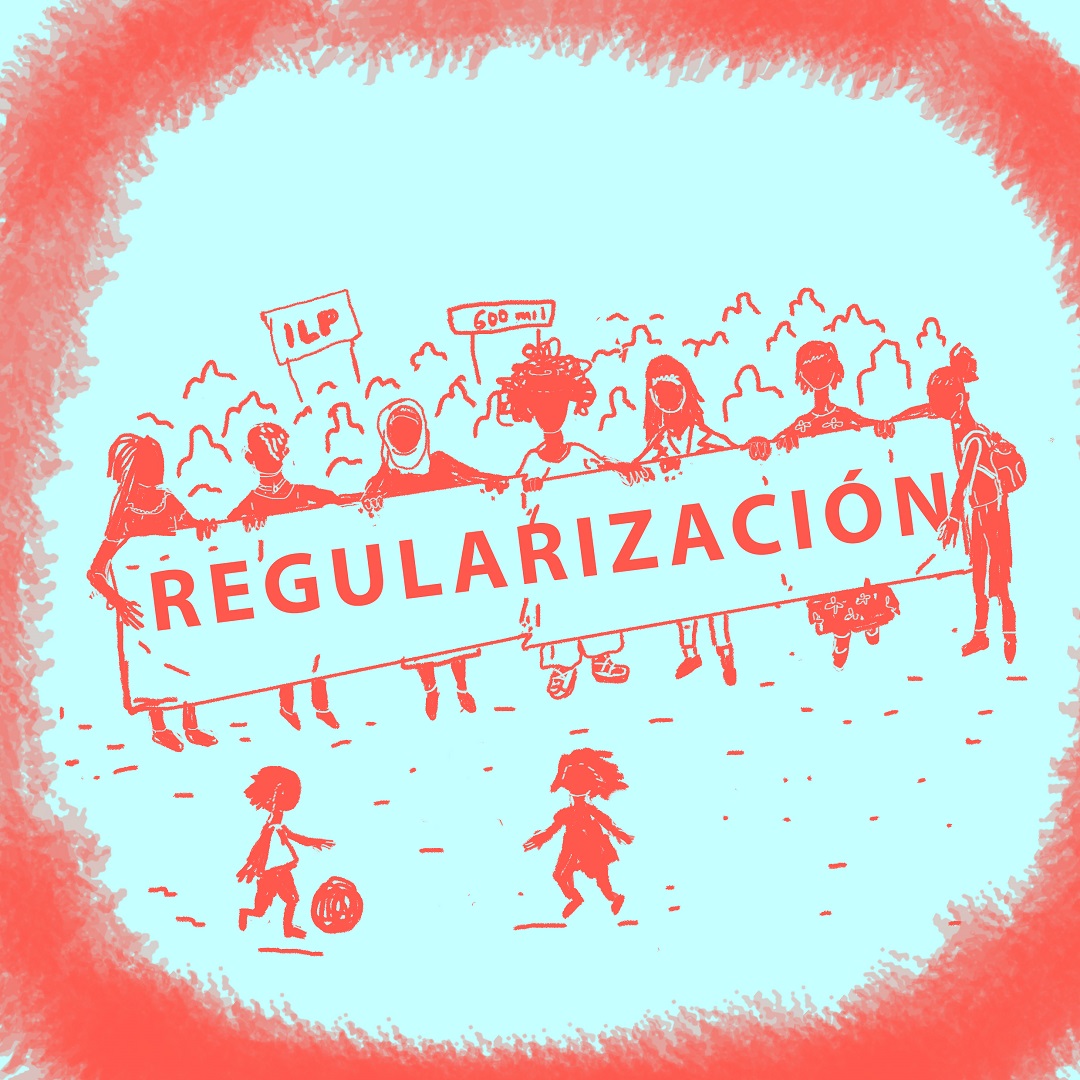
.jpg)
